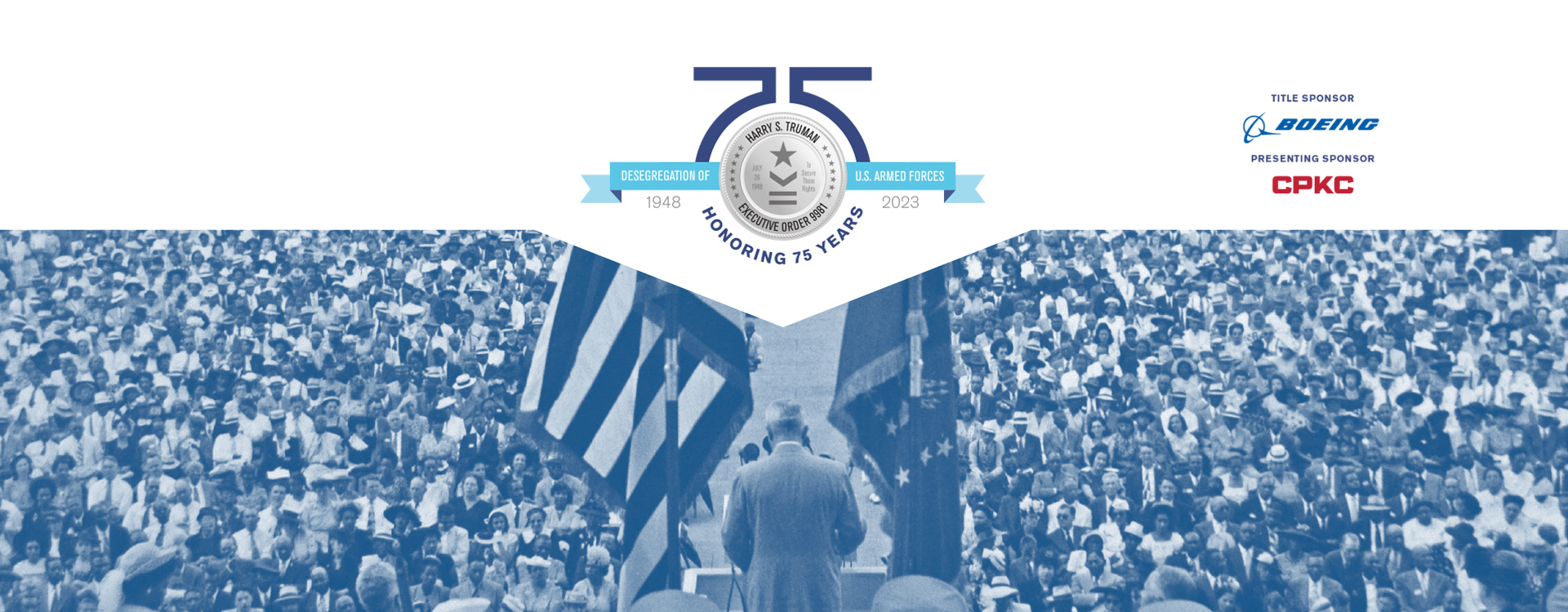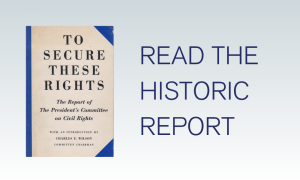TO SECURE THESE RIGHTS
By Steven F. Lawson, Professor Emeritus, Rutgers University
PART XII: REACTIONS TO THE REPORT
To Secure These Rights exceeded civil rights activists’ highest expectations. Walter White considered the report “the most uncompromising and specific pronouncement by a governmental agency on the explosive issue of racial and religious bigotry which has ever been issued.” The African American press generally agreed. The Chicago Defender praised it as a “new blueprint for freedom.” and the Afro-American declared it “one of the most significant documents of all time.” The only hesitation some newspapers expressed was about whether the president and Congress would follow through on translating the committee’s recommendations into law.85
To encourage public support, black newspapers serialized the report and were joined in this enterprise by liberal periodicals. The American Jewish Congress distributed some two hundred thousand summaries of the report. Workshops were organized to discuss the committee’s handiwork, and Dorothy Tilly persuaded the Southern Regional Council to initiate one in Atlanta. To Secure These Rights also reached people’s hands through the government’s printing of twenty-five thousand copies, and the publisher Simon & Schuster sold another thirty-six thousand copies for a dollar each. Through all these outlets, over a million copies of the report were distributed.86
The report, however, did not please everyone. Southerners, who had remained relatively quiet when the PCCR was formed, blasted the document. A correspondent from Virginia angrily wrote Truman several days after its release: “If you do away with segregation, allow negro [sic] children in white schools, churches, etc. you might as well drop a few bombs on us and not prolong the agony.” These comments generally summed up the reaction of white southern politicians and the press. They heaped vitriol on Tilly and Graham, calling them “traitors and dupes,” regardless of the fact that they had opposed the recommendations on school desegregation.87 It did not matter, because the appearance of the report pushed moderates to the sidelines and propelled reactionaries to the forefront.
PREVIOUS: Part XI – The Report
NEXT: Part XIII – Truman’s Response and the Election of 1948
Navigate through this essay by section: 1 2 3 4 5 6 7 8 9 10 11 12 13 14 Notes



